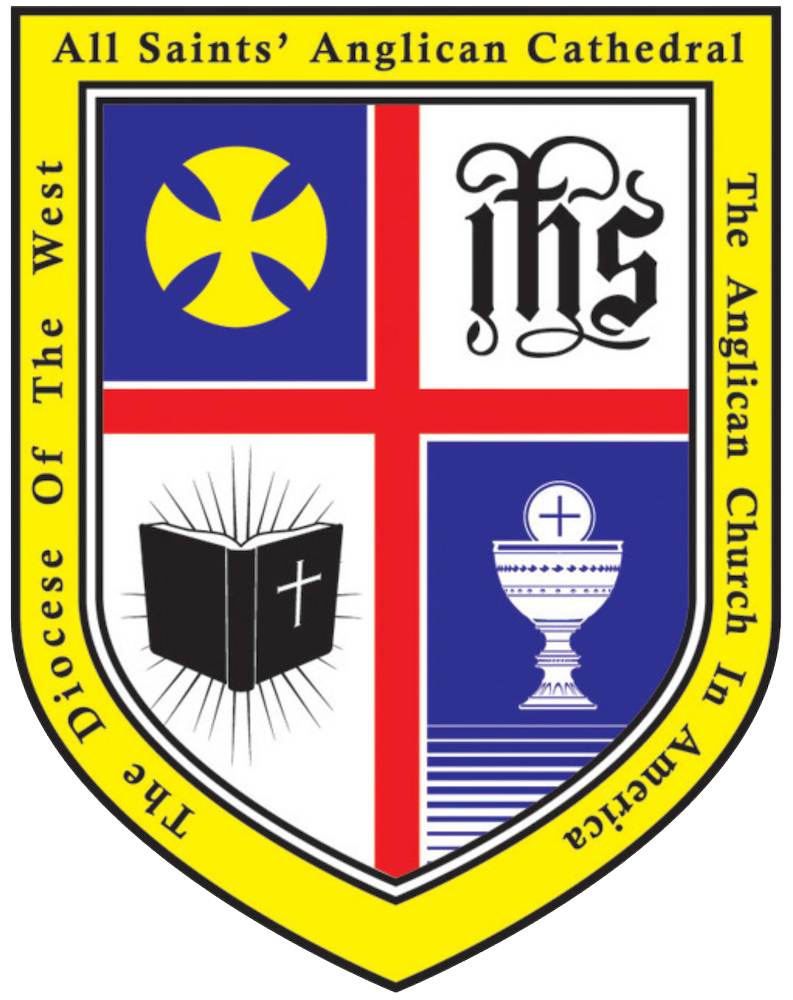Rogation Sunday
The Latin name Rogate for the Fifth Sunday after Easter or Rogation Sunday means “Pray!” This name derives from tradition of the Rogation Days, celebrated with prayer processions on the three days before Ascension Day.
The custom of Rogation Days was initiated by Bishop Mamertus of Vienna who lived in the 5th century. At the First Council of Orléans held in 511, the Rogation Days were made mandatory in the Frankish state. Soon after, their celebration reached Rome and became a universal practice throughout the Western Church.
The content of Rogation Days is on one hand, repentance, and on the other hand, praying that God would protect His people from troubles, and above all, natural disasters, and bestow His blessing on the crops, our daily bread.
In the Epistle for the Rogation Sunday, the apostle James exhorts us not to be hearers only, but those who live by the word of God. In the Gospel, Jesus encourages us to come before God our Father in prayer, with the sure knowledge that He hears our prayers and fills us with His joy now and forever.
For Rogation days, the Book of Common Prayer provides separate readings. The first is taken from the book of the prophet Ezekiel and reminds us that God has promised to make a covenant of eternal peace with His people and bestow His blessing on them. In the Gospel for the Rogation Days, Jesus emphasizes the goodness of God toward His children.
We must remember that true prayer is not informing God of what we need. God knows our needs better than we do. True prayer is elevating your soul to God and entrusting yourself, your life, your loved ones, and ultimately the whole creation to Him in childlike sincerity and love.
